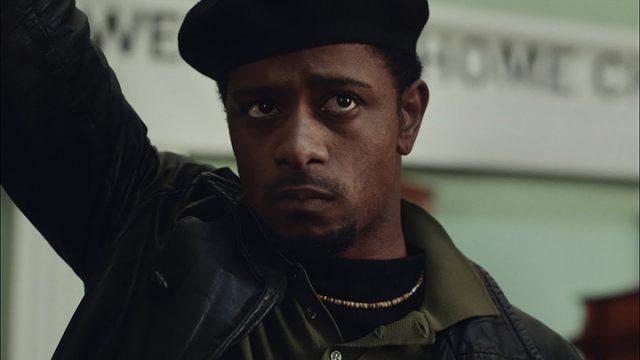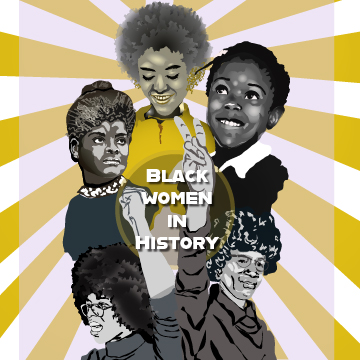
Michael Foster-Sanders
Editor in chief
Black women are the backbone of Black history, and their accomplishments should be celebrated.
While many people know of mainstream women who helped advance Black America such as Rosa Parks, Maya Angelou and Harriet Tubman, history tends to skip over figures who are not deemed “safe.” Yet four women who didn’t fit this mold went on to change history.
Angela Davis refused to be pigeonholed into one thing, so she decided to become many. She’s an educator, author and an activist for civil rights and other social issues.
Davis’ fiery spirit for social justice and equality was influenced by growing up in Birmingham, Alabama, which at the time was one of the most segregated cities in the Jim Crow South. Even though Davis is mostly known as once being a member of the Black Panther party, she left the group due to her believing the group to be sexist toward women.
Nikki Giovanni is a world-renowned poet influenced as a child by her grandmother’s storytelling ability. Becoming a self-published writer was no easy feat in 1968, and her first two books — “Black Feelings, Black Talk” and “Black Judgement” came out the same year and set the literary world on fire.
Those books, influenced by the assassinations of Malcolm X, Martin Luther King Jr. and Medgar Evers, gave her the voice to speak out about the repression facing Blacks at that time. She also created a publishing company that gave a voice to other Black women authors.
Ida B. Wells-Barnett was born into slavery in Holly Springs, Mississippi, and rose above the obstacles in her path to become one of the first civil rights activists. Early in life, Wells’ parents let her know that an educated mind is a dangerous mind. She used her journalism skills to expose the injustices to Black Americans in the post-Reconstruction and Jim Crow South.
Eight decades before Rosa Parks, Wells was thrown off a Memphis train for refusing to leave in spite of her first-class ticket. Wells’ journalism into the psyche of white mob violence led to her being persecuted by racists to the point of fleeing Memphis to Chicago for her safety.
Wells then decided to travel internationally to spread the word about black injustice. She also challenged whites in the women’s suffrage movement on why lynching was not included in their talks. She spent her last years improving the quality of life of Blacks that lived in Chicago until her death in 1931.
Ruby Bridges at age 6 was chosen to integrate into a segregated school in New Orleans in 1960. She was escorted to and from school by federal marshals to ensure her safety while whites shouted vile words in protest. But Bridges held her head high and soldiered on. Due to Bridges’ courage, more black students enrolled the next year. Norman Rockwell immortalized Bridges’ strength in his painting “The Problem We All Live With.”











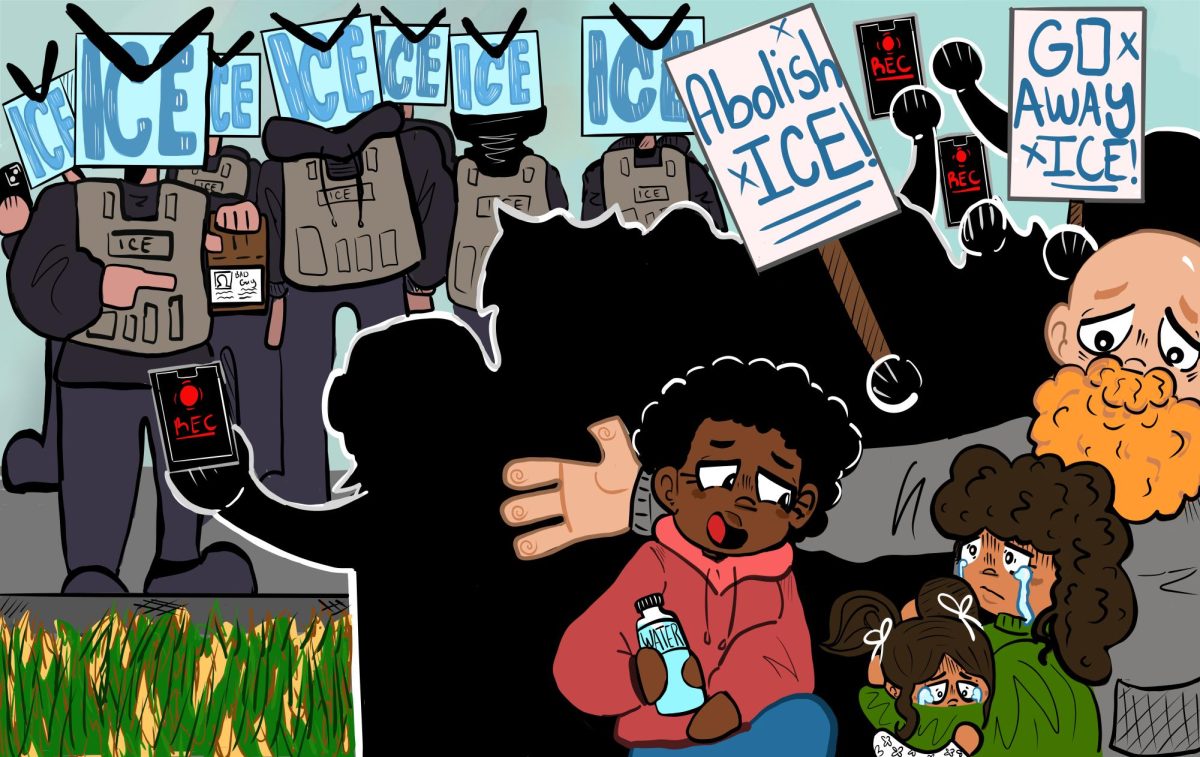










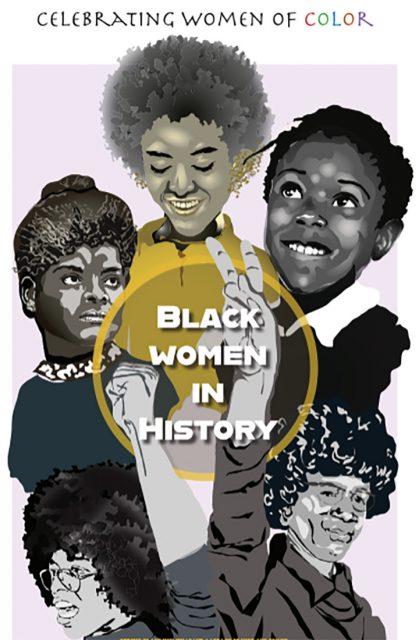
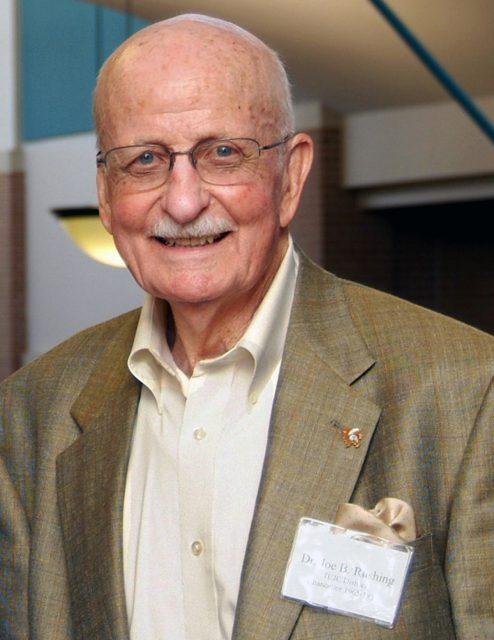





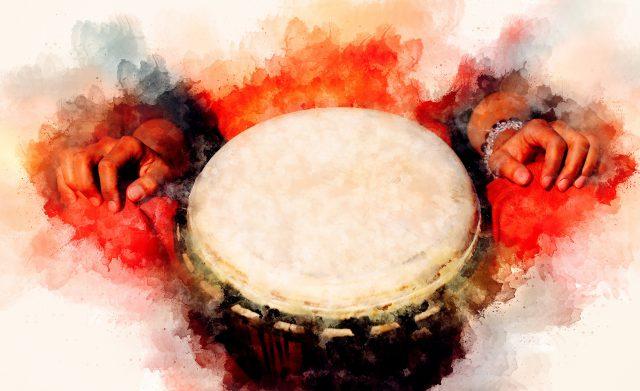
![https://unsplash.com/photos/GBwEIHq1Imw
Unseen Histories
Washington D.C., DC, USA
Caption reads, "Civil Rights March on Washington, D.C. [Leaders of the march leading marchers down the street.]" Original black and white negative taken August 28th, 1963, Washington D.C, United States. Photographer unknown (The National Archives and Records Administration). Colorized by Jordan J. Lloyd. U.S. Information Agency. Press and Publications Service. ca. 1953-ca. 1978. https://catalog.archives.gov/id/542003](https://collegian.tccd.edu/wp-content/uploads/2021/03/unseen-histories-GBwEIHq1Imw-unsplash-640x427.jpg)


